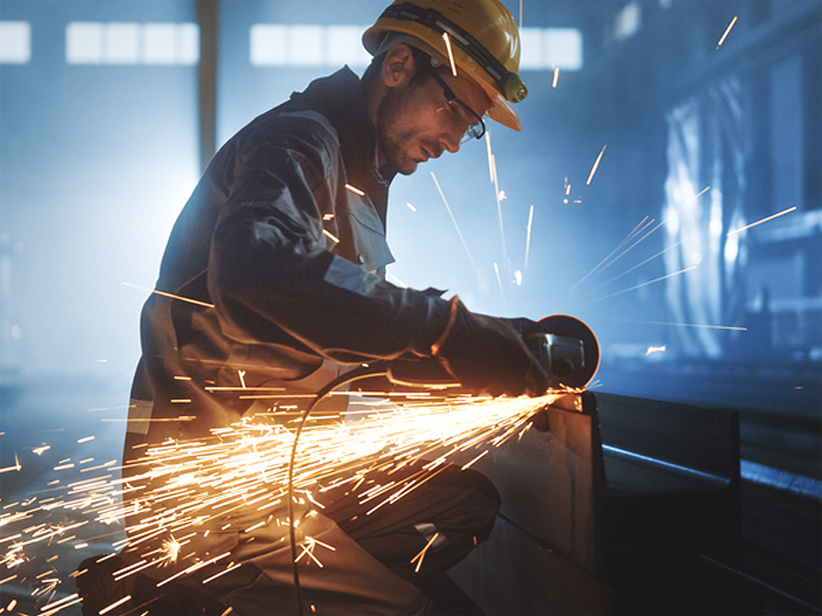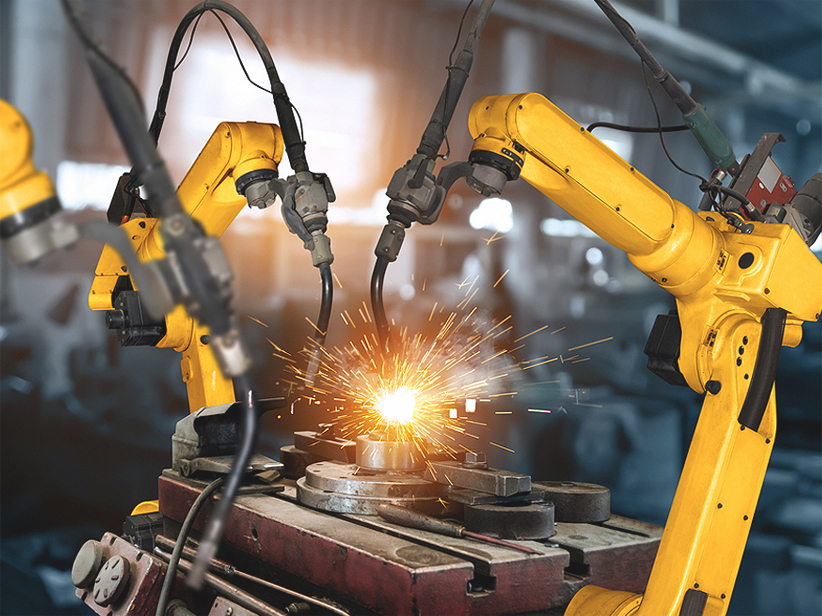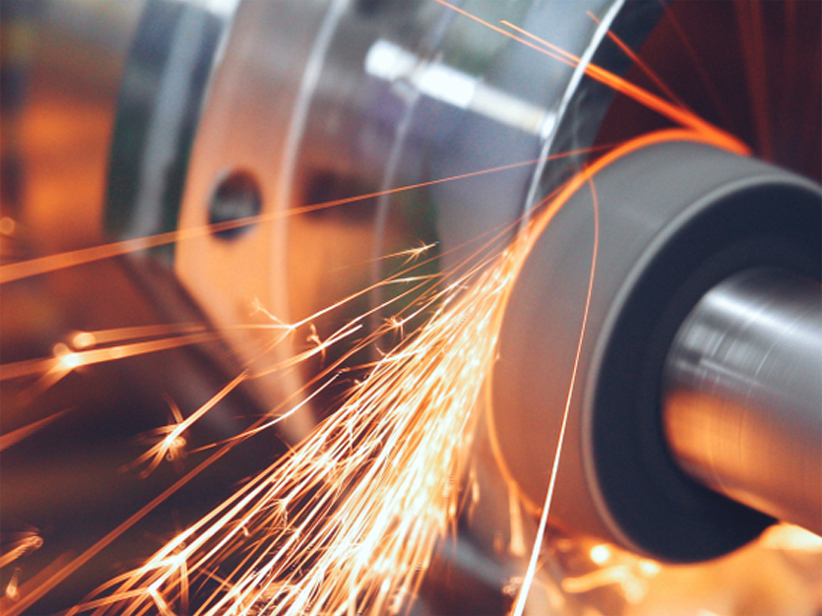THE SIGNIFICANCE OF HEAT TREATMENT PROCESSES IN DIFFERENT TYPES OF STAINLESS STEELS
All stainless steel manufacturers in India take pride in their most corrosion-resistant and sturdy products. No other metal matches SS in terms of corrosion resistance, which is primarily due to its chromium content. With the right chromium composition with other metals, SS alloys can be custom-made to suit specific corrosive environments. That said, one more aspect of the SS forming process significantly impacts the strength, durability, and other factors of an alloy, which is its heat treatment processes like annealing and tampering.
The heat treatment process is typically performed to modify the alloy’s molecular structures to improve its ductility and strength. But the type and amount of heat treatments differ for different types of SS grades depending on their applications and perform an incorrect process can hamper the quality of the final product.
To give you an overview, here are the different types of SS and the significance of heat treatments in their manufacturing process.
Austenitic steels gain all their strength during their manufacturing process, but with low ductility and molecular structure. Hence, their products are passed through an annealing process that improves their crystalline structure and enhances their corrosion resistive properties.
The SS 304 grade of the 300-series of austenitic steel is the best example in its category. SS manufacturers in India extensively supply this grade for the production of common cooking equipment.

Martensitic steels are subjected to extensive heat treatments for hardening, and their degree of hardness is directly proportional to the carbon content. Depending on the applications, one can gain extremely hardened steel products by increasing their carbon composition.
The hose clamp screws made from SS 410 grade is an excellent example from the 400 series of martensitic steel family. Various structures and equipment in the medical and food processing industry required for weight and heat bearing applications are made from grades such as 420 and 440C.
The purpose of heat treating ferritic steels is to enhance their ductility and impact strength. Consequently, they also gain more corrosion and temperature resistive properties and are best suited for applications where collision or scaling temperatures are involved. Hence, many ferritic steel grades are used for developing sturdy automotive exhaust system parts like mufflers.

The best attribute of precipitation-hardened steel that is heat-treated is its tensile strength and yield strength. Its strength increases three to four times that of austenitic steels due to its unique heat-treating process, also known as ‘age-hardening.’ They are mainly used for structural applications in the firearms and aerospace industry. You might commonly hear SS grades 17-4, 17-7, and PH13-8Mo in these industries, which are part of this family.
Venuswire India is one of the oldest stainless steel manufacturers in India with our advanced manufacturing plant, where we employ various heat treatments to create world-class steel grades. Our products offer the highest corrosion and heat resistance for their grade and are on par with all international standards. To get the best steel grades for your industry, you can directly speak to our industry experts and learn more about your options.







